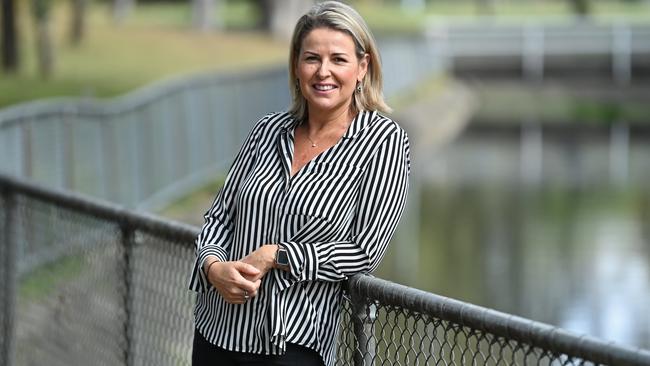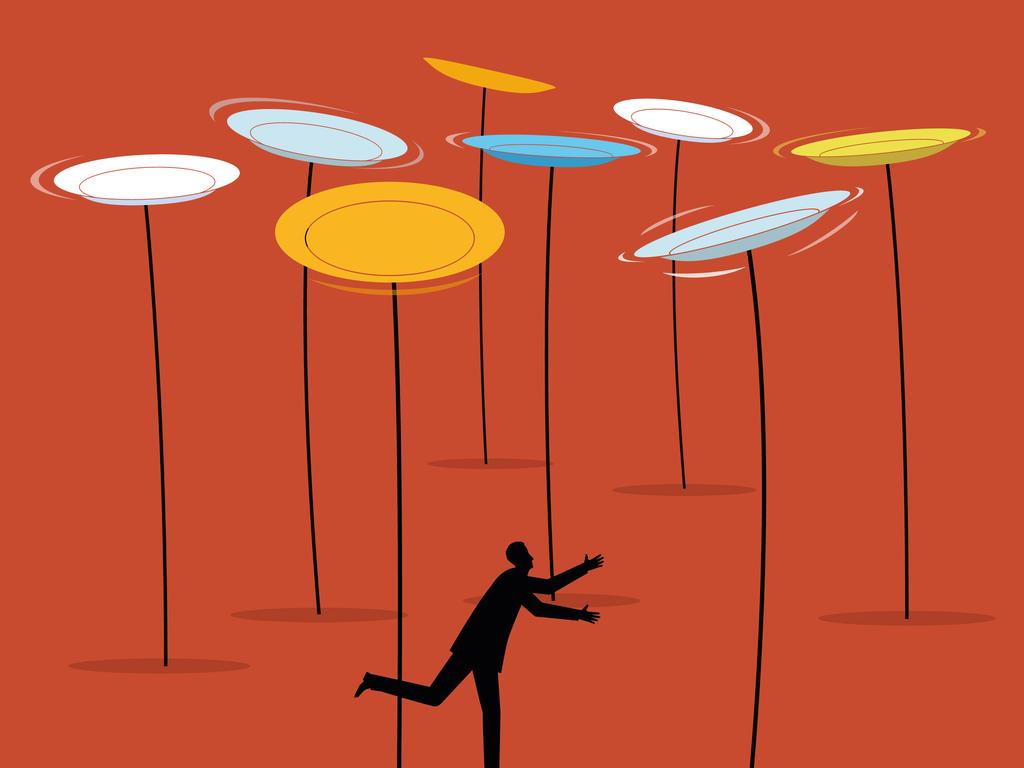Leaders need to embrace uncertainty because it’s here to stay
Our new leaders will be judged by their tolerance for uncertainty.

Even 20 years ago, one of the hottest management styles was the one the Hewlett-Packard founders developed on the west coast of the US in the 1970s – management by walking around, or MBWA.
It êwas radical then because it broke with the old hierarchies and distancing between bosses and workers.
Today, as leaders grapple with leading remotely the notion that you could walk around your office and connect directly seems destined for the history-of-work books rather than any contemporary management manual. MBWA has evaporated along with so many other ideas about leadership and management, and those charged with running organisations face unexpected challenges at a time when it is hard to make any predictions about the shape of work and business in even six or 12 months.
It’s this uncertainty that interests Kerryn Fewster, a Brisbane-based management coach and director of the consultancy Change2020, who says leaders must learn to live with a level of ambiguity that we have not previously encountered. Some, she says, have been paralysed by the uncertainty of recent months.
She has been researching our tolerance to ambiguity since 2017, working with the Queensland University of Technology. In COVID-19, researchers have tested attitudes and later this year, they will compare the data with pre-pandemic data. The research looks at three key dimensions around tolerance – comfort with ambiguity; desire for challenging work; and managing uncertainty.
For now, Festwer’s work with companies and leaders is revealing evidence of anxiety among leaders about how to manage remote workers at a time when they can’t be certain what the future holds.
She says there is no real difference based on gender but age seriously separates those who can manage uncertainty and those who can’t.
It turns out Baby Boomers have the highest tolerance for ambiguity. That finding was challenged and tested by the researchers once it emerged because the underlying assumption was that Millennials and late gen Xers would be better at this.
Fewster says that while it’s partly about the Boomers being more experienced and knowing what you can and can’t control, the Boomers do well because they have had to problem solve for most of their careers without the benefit of technology. Millennials, in contrast, ask Siri, or Google when they face a problem and never learn how to gather information or ensure that others in the team come on board.
Fewster says that confronted with uncertainty, the gen Xers tend to revert to their old ways of leading and become more controlling rather than “taking a breath”. And while they know the rhetoric about it being okay to “fail fast”, in practice, she says: “I don’t see a great deal of that”.
Leaders are often relieved when people return to the office even though they have seen staff operating productively from home during the pandemic, she says.
In Queensland, where Fewster is based, the low level of coronavirus has meant about 70 per cent of workers have gone back to their desks. It’s an outcome that “makes leaders feel more secure” because they can see what employees are doing. But Fewster believes life has changed permanently.
“I don’t think we will ever be in a position where everyone comes in, goes to their cubicles and we go to the boardroom meeting and say let’s solve this problem, get out the whiteboard, sit down in our work clothes trying to solve this,” she says.
“It won’t happen. I think there will be a transitional phase, and we must design a new way of working. It will mean employees’ independence and autonomy will be significantly increased. So why not give them accountability to make decisions? The traditional hierarchy will decline and there will be an impact on middle managers (who may not be needed).”
Fewster argues that too many people have felt the benefits of not commuting and avoiding toxic or stressful workplaces for us to ever go back to how we operated in the past. The leaders who are struggling with the new world of work are generally 45-55 years old, caucasian men who suddenly find they cannot use the skills they have learnt on the way up the ladder.
“Their status has been affected,” Fewster says. “Am I respected? What is my value?” It’s a predicament made worse because working from home, which reduces the role of managers, has been normalised so quickly.
Fewster has some solutions. One is mindfulness, the ability to be still, to remove the “noise” and identify the aspects of a business or workplace that you can clarify: you can’t provide certainty for staff but you can offer clarity. Then there is having the courage to embrace ambiguity. Finally, there’s creativity and cultivating curiosity so that you can find new ways to move ahead in an agile fashion.
“All of us crave certainty but we can learn to be comfortable with ambiguity,” Fewster says. “As a leader you need to be designing your future.”
And the faster that we can accept that COVID-19 has changed everything and we are not going back to the old ways of working, the better.








To join the conversation, please log in. Don't have an account? Register
Join the conversation, you are commenting as Logout